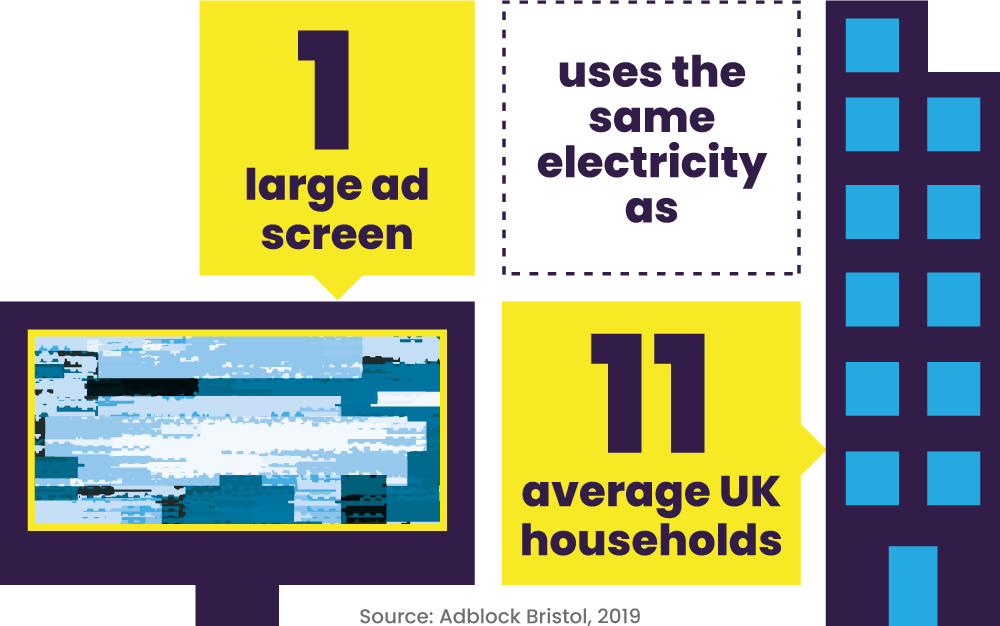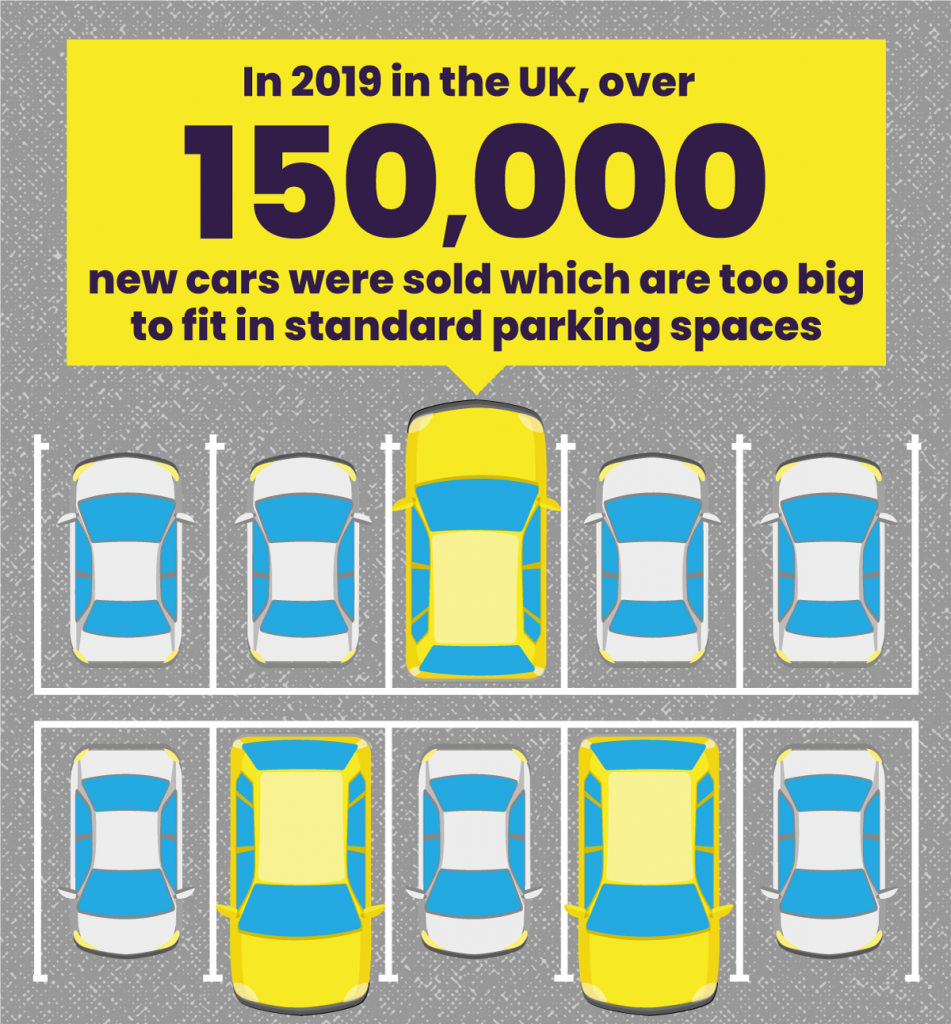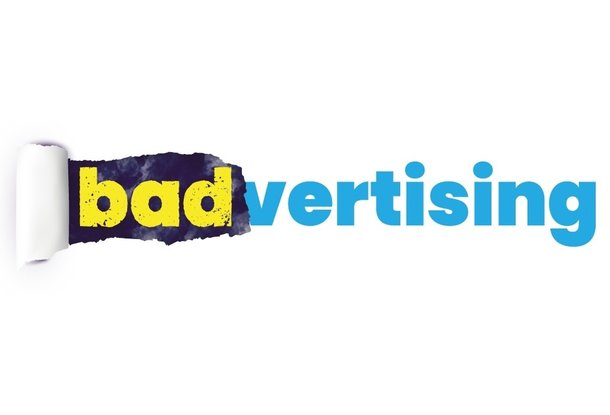‘Badvertising’ is a new campaign to stop adverts fuelling the climate emergency. This includes ads for cars, airline flights and fossil fuels. We ended tobacco advertising when we understood the harm done by smoking. Now we know the damage done by fossil fuel products and activities, it’s time to stop promoting them.
High-carbon goods are products and activities that emit high amounts of CO2 emissions such as fossil fuels, large diesel or petrol car engines and air travel.
Adverts for large cars, air travel or fossil fuels are particularly bad for the environment given the high levels of carbon emissions they are responsible for. Research shows there is a link between advertising and higher levels of consumption. None of us are immune to the adverts that we are exposed to. Therefore, high-carbon advertising plays an important role in the climate crisis by promoting harmful consumer habits.
The campaign is organised by us here at the New Weather Institute and the climate action charity Possible. The project is kindly funded by the KR Foundation.
You can find out more about the campaign and take part by visiting the main campaign website here: ‘Badvertising’

The campaign is launched with a report which has found that:
- Rapidly increasing sales of bigger and more polluting cars in the UK and globally risk are putting vital climate goals out of reach
- SUVs now make up more than 4 in 10 new cars sold in UK
- This ‘size creep’ has led to over 150,000 new cars being sold in the UK in 2019 which are too big to fit in a standard parking space
- The trend towards ever larger, more fuel hungry vehicles is being driven by the corporate marketing strategies of big car brands
In response the ‘Badvertising’ campaign is calling for an immediate end to advertising for the ‘dirtiest third’ of new cars being sold.

New research has revealed that over 150,000 new cars sold in the UK last year are too big to fit in a standard parking space. The report, by thinktank the New Weather Institute and climate charity Possible, found that the global trend of rapidly increasing sales of bigger and more polluting SUVs is jeopardising climate goals. In response to this threat, the team behind the report propose that advertising for the ‘dirtiest third’ of new cars being sold – primarily SUVs – should be immediately legislated against, and have launched a new campaign to help achieve this.
The analysis of recently released European Environment Agency figures on the size and CO2 emissions of new cars found that the average emissions of a new car sold in the UK increased again in 2019 for the fourth year in a row – with rising sales of SUVs primarily to blame. The authors highlight that the big car brands appear to be disproportionately promoting larger, more polluting SUVs due to higher profit margins on these vehicles. As a result, SUVs now make up more than 4 in 10 new cars sold in the UK and globally – while fully electric vehicles account for fewer than two in a hundred in the UK. The trend is pushing Britain further and further off track to meet its net zero target, with similar problems emerging in car markets around the world.
The report also comes amidst emergency efforts by local authorities to create wider pavements and new ‘pop up’ cycle lanes to allow commuters to safely social distance whilst cycling and walking during the pandemic. The researchers argue that the promotion of over-sized vehicles in crowded towns and cities is undermining efforts to reallocate public space away from cars for pedestrians, as well as conflicting with widespread ‘climate emergency’ declarations by local authorities. The authors draw on parallels with the ban on tobacco advertising and promotion in the UK, which was written into law in 2002 in recognition of the serious harm these products cause to public health.
The campaign calls for new legislation to outlaw advertising for the ‘dirtiest third’ of new cars sold in the UK, as well as advertising for any cars which are too large for a standard UK parking space. Alongside a petition, the campaign has produced an online toolkit for campaigners and policymakers wanting to take action against advertising for SUVs and other high carbon products at a local council level.
Andrew Simms, co-director of the New Weather Institute, said,
“We ended tobacco advertising when we understood the threat from smoking to public health. Now that we know the human health and climate damage done by car pollution, it’s time to stop adverts making the problem worse. In a pandemic-prone world people need clean air and more space on town and city streets.
There’re adverts, and then there’re badverts, promoting the biggest, worst emitting SUVs is like upselling pollution, and we need to stop. In a climate emergency when we need to make the places where we live more people friendly, SUVs are in the way of progress.”
Robbie Gillett, Campaigner at Possible, said,
“Whilst millions of us are trying to reduce our carbon footprints to tackle the climate crisis, we have a multi-billion pound car and advertising industry aggressively marketing highly polluting vehicles – many of which are literally too big for UK streets.
Their misleading ads promise us freedom and escape – but the reality of urban road conditions is grinding traffic jams, toxic air pollution and spiralling carbon emissions from road transport that will trash our climate goals. Let’s create space to breathe and space to think – free from the advertising pressures of big polluters.”
Find out more about the campaign and take part by visiting the main campaign website here: ‘Badvertising’















Yes, please ban advertising that encourages people to consume large amounts of fossil fuels or otherwise promote environmental destruction. That includes all advertising that encourages people to drive fossil fuel cars, fly, or to eat meat. In unclear cases the decision can be made by an expert committee.